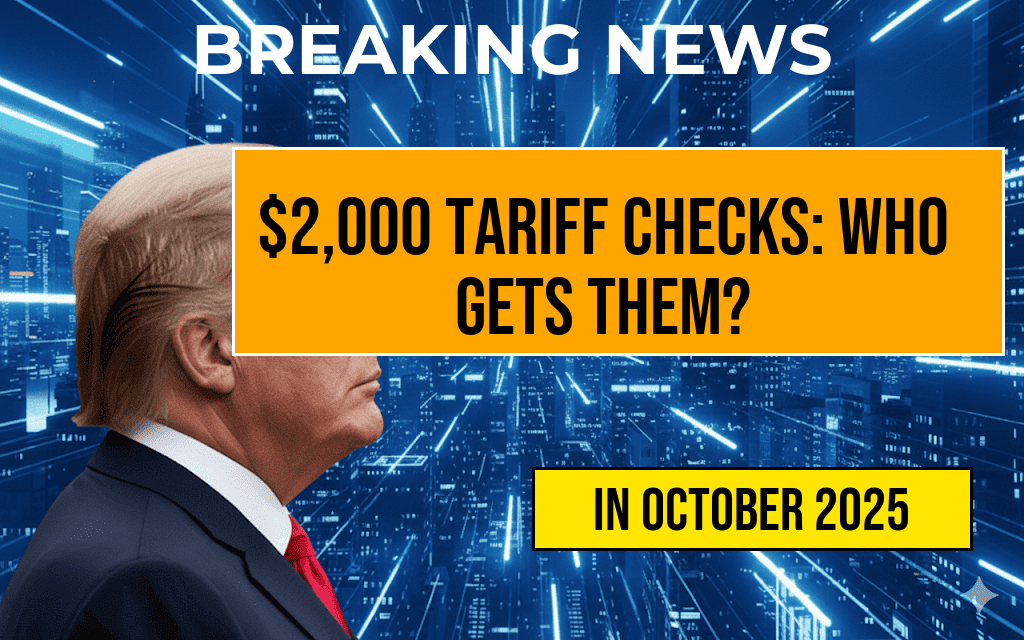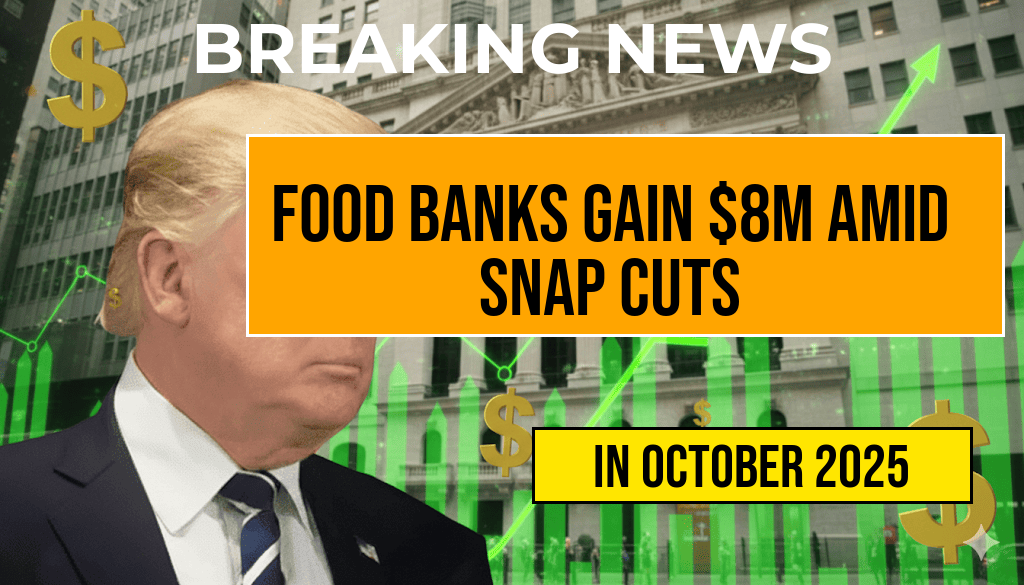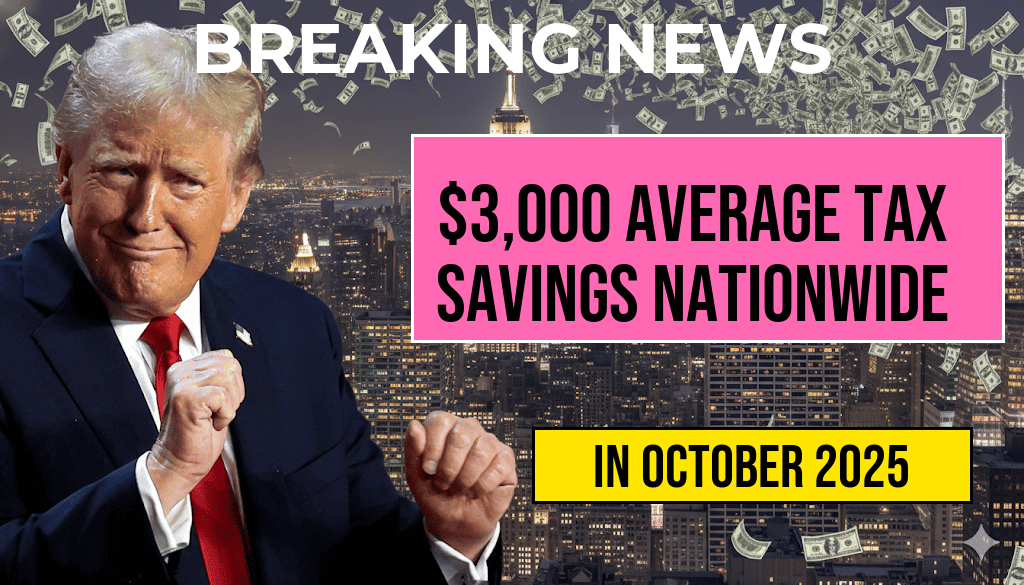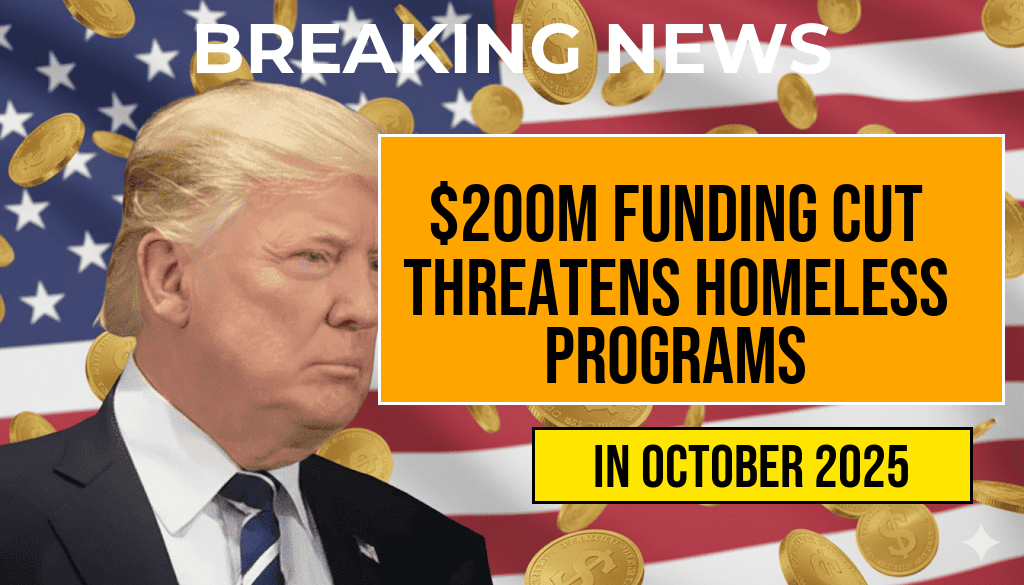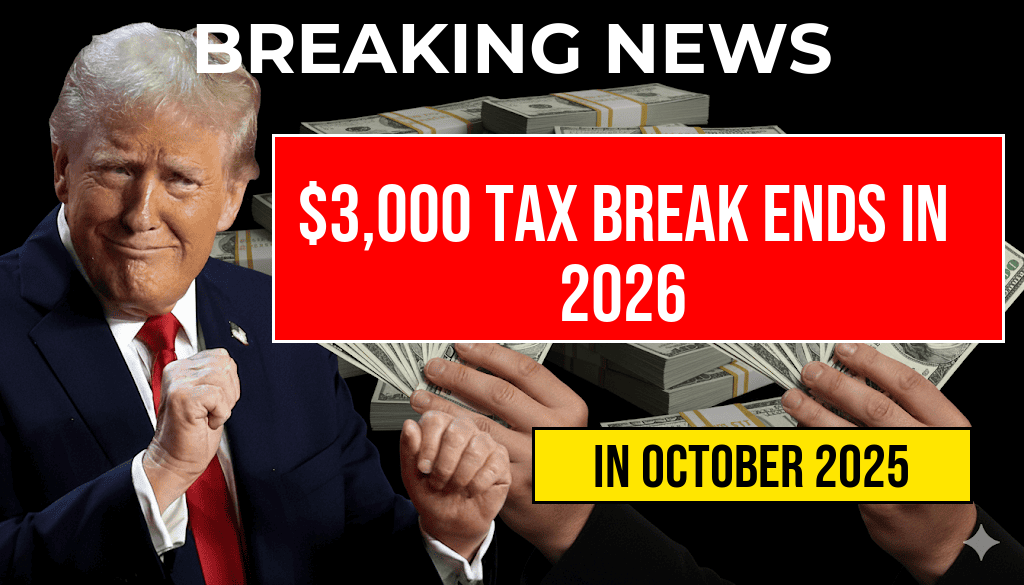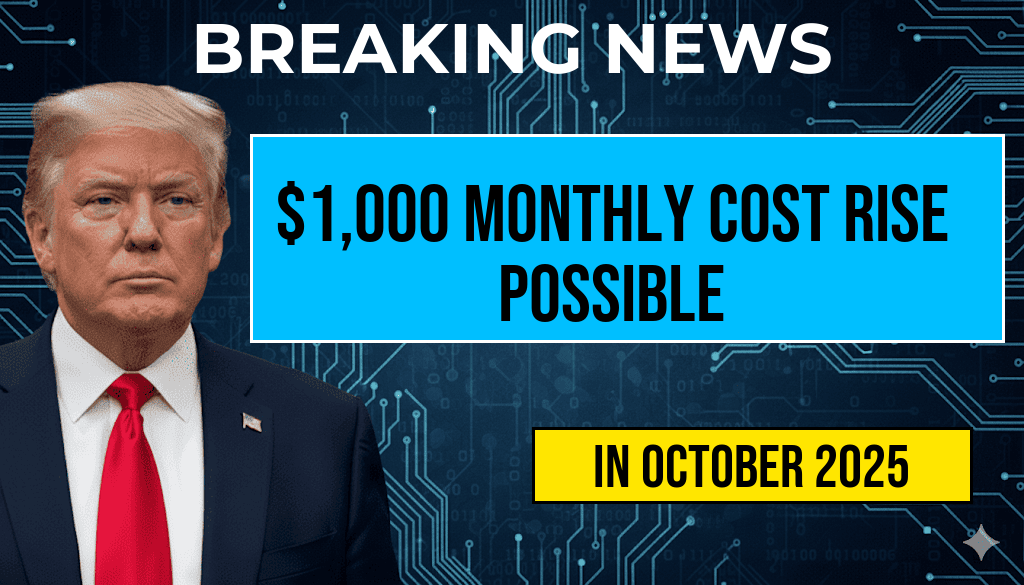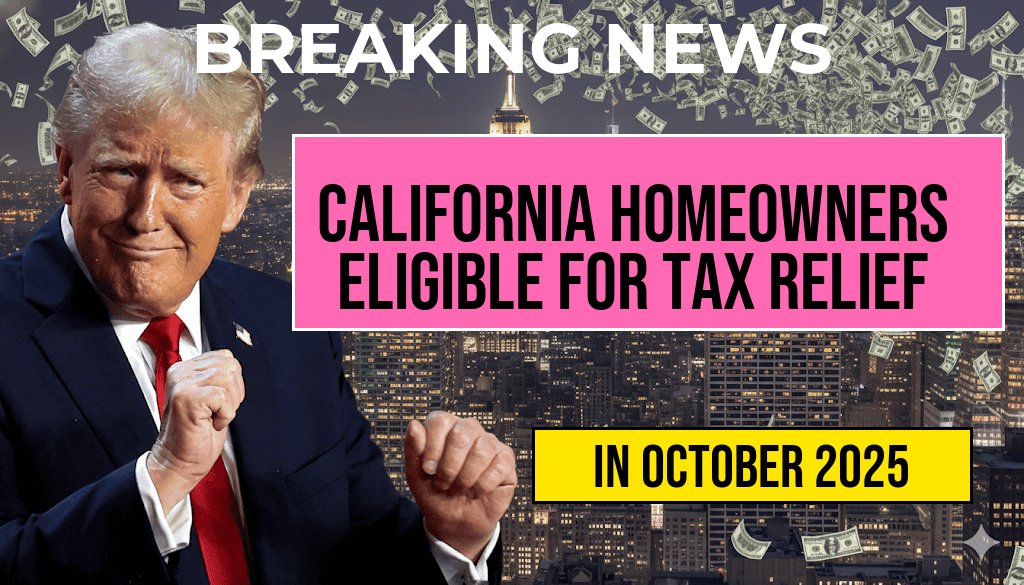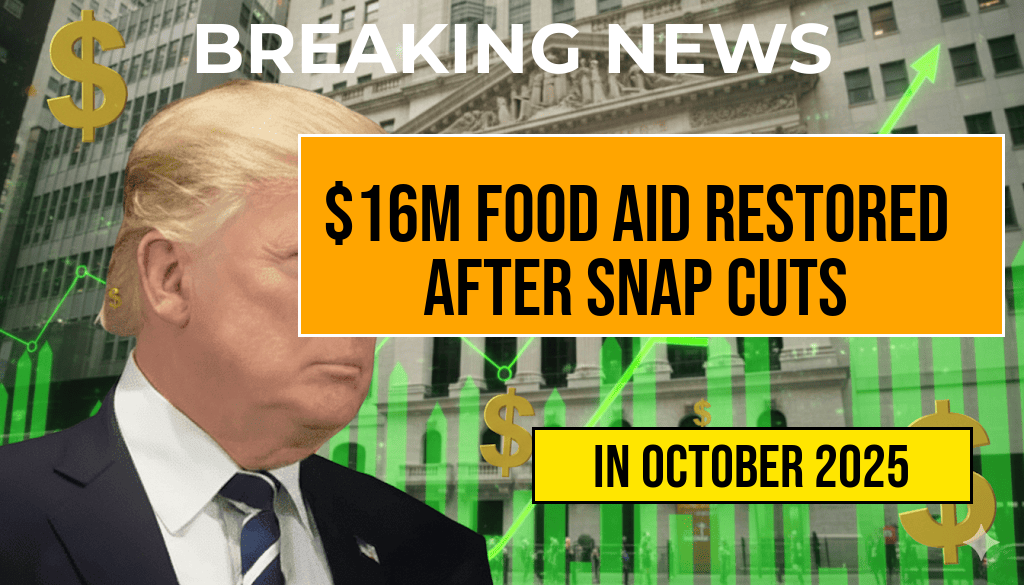A proposed initiative to distribute $2,000 tariff dividend checks has gained attention amid ongoing debates over trade policies and economic relief measures. If approved, eligible recipients across various sectors could receive direct payments aimed at offsetting the financial impacts of tariffs imposed on imported goods. This proposal raises questions about who qualifies for these payments, how they would be distributed, and what economic effects might ensue. Policymakers, industry representatives, and consumers are closely watching developments as the plan moves through legislative discussions. The initiative seeks to address concerns over rising costs linked to tariffs, which have affected supply chains and household budgets alike, while also sparking controversy over its fairness and fiscal sustainability.
Understanding the Proposed Tariff Dividend Checks
Background and Rationale
The concept of tariff dividend checks emerges from ongoing trade disputes, particularly between the United States and various trading partners. Tariffs, which are taxes on imported goods, are often intended to protect domestic industries but can also lead to increased prices for consumers and businesses. The proposed $2,000 dividend checks aim to compensate those most affected by these costs, effectively acting as a rebate for the economic burden imposed by tariffs.
Proponents argue that such payments could help stabilize household finances, support small businesses struggling with higher input costs, and mitigate the political fallout from tariff policies. Critics, however, question whether direct payments are the most effective or sustainable solution, emphasizing concerns over budget deficits and potential market distortions.
Details about the legislation are still evolving, but the proposal is part of broader efforts to balance trade policy objectives with consumer and industry needs. For further context on tariff policies and their economic implications, the [World Trade Organization](https://en.wikipedia.org/wiki/World_Trade_Organization) offers comprehensive background information.
Who Will Receive the Checks?
Eligibility Criteria
The distribution of tariff dividend checks is expected to target groups most impacted by import tariffs. While specific eligibility criteria are under legislative review, preliminary proposals suggest the following categories:
- Small Businesses that rely heavily on imported materials or components, especially those in manufacturing, retail, and hospitality sectors.
- Consumers who face higher prices on everyday goods due to tariffs, including electronics, clothing, and household items.
- Farmers and Agricultural Producers affected by tariffs on exports or increased costs for imported inputs.
- Low- and moderate-income households experiencing financial strain from rising costs linked to tariffs.
Distribution Mechanism
Pending legislative approval, the checks are expected to be distributed via direct deposit or through mailed checks, similar to stimulus payments. The process would likely involve verifying income levels and industry impact, possibly through IRS records or other government databases.
Officials aim to streamline the distribution to ensure swift delivery, with some suggesting a phased approach to prioritize the most affected populations. Details about the exact timeline and administrative procedures are expected to be clarified as the legislation advances.
Economic and Political Implications
Potential Benefits
| Benefit | Description |
|---|---|
| Consumer Relief | Reduces financial burden caused by higher prices on imported goods. |
| Support for Small Businesses | Helps offset increased costs, enabling continued operations and employment. |
| Political Appeal | Demonstrates government action to directly assist affected constituents. |
Concerns and Criticism
- Fiscal Responsibility: Critics warn that allocating billions for direct payments could strain federal budgets and divert funds from other priorities.
- Market Distortions: Some argue that such checks may encourage reliance on government support rather than addressing underlying trade issues.
- Equity Issues: Debates persist over whether the payments fairly target those most impacted or favor certain industries.
Economists from institutions like the [Brookings Institution](https://www.brookings.edu/) suggest that while immediate relief might ease household pressures, long-term solutions should focus on comprehensive trade reforms. The political landscape remains divided, with some lawmakers emphasizing economic protectionism and others advocating for open trade policies.
Next Steps and Public Response
The legislative process is ongoing, with committee hearings scheduled to evaluate the proposal’s scope and funding. Public opinion remains mixed; industry groups and affected consumers largely support the idea of direct aid, while fiscal conservatives express caution over the potential costs.
As discussions continue, stakeholders are calling for transparency and clear criteria to ensure the checks reach those most in need. The outcome of this initiative could influence future debates over trade policy, economic assistance, and how government responds to the unintended consequences of tariffs.
Frequently Asked Questions
What are the Proposed Two Thousand Dollar Tariff Dividend Checks?
The Proposed Two Thousand Dollar Tariff Dividend Checks refer to potential financial payments being discussed as a response to recent tariff policies, intended to provide financial relief to eligible recipients affected by tariffs.
Who Will Receive the Dividend Checks?
Eligible recipients are typically individuals or households that have been impacted by tariffs, such as workers, small business owners, or certain industries that face increased costs from tariffs.
How Will the Dividend Checks Be Distributed?
The distribution process is usually managed through government programs or authorized agencies, which will identify eligible recipients and process payments accordingly, either via direct deposit or checks.
When Are the Dividend Checks Expected to Be Issued?
The timeline for distribution depends on legislative approvals and administrative procedures, but updates are typically announced once plans are finalized.
What Impact Will the Dividend Checks Have on Economy and Taxpayers?
The dividend checks aim to provide financial relief to those affected by tariffs and may stimulate consumption. However, they could also influence fiscal policy and government spending, impacting taxpayers and economy in the long term.

